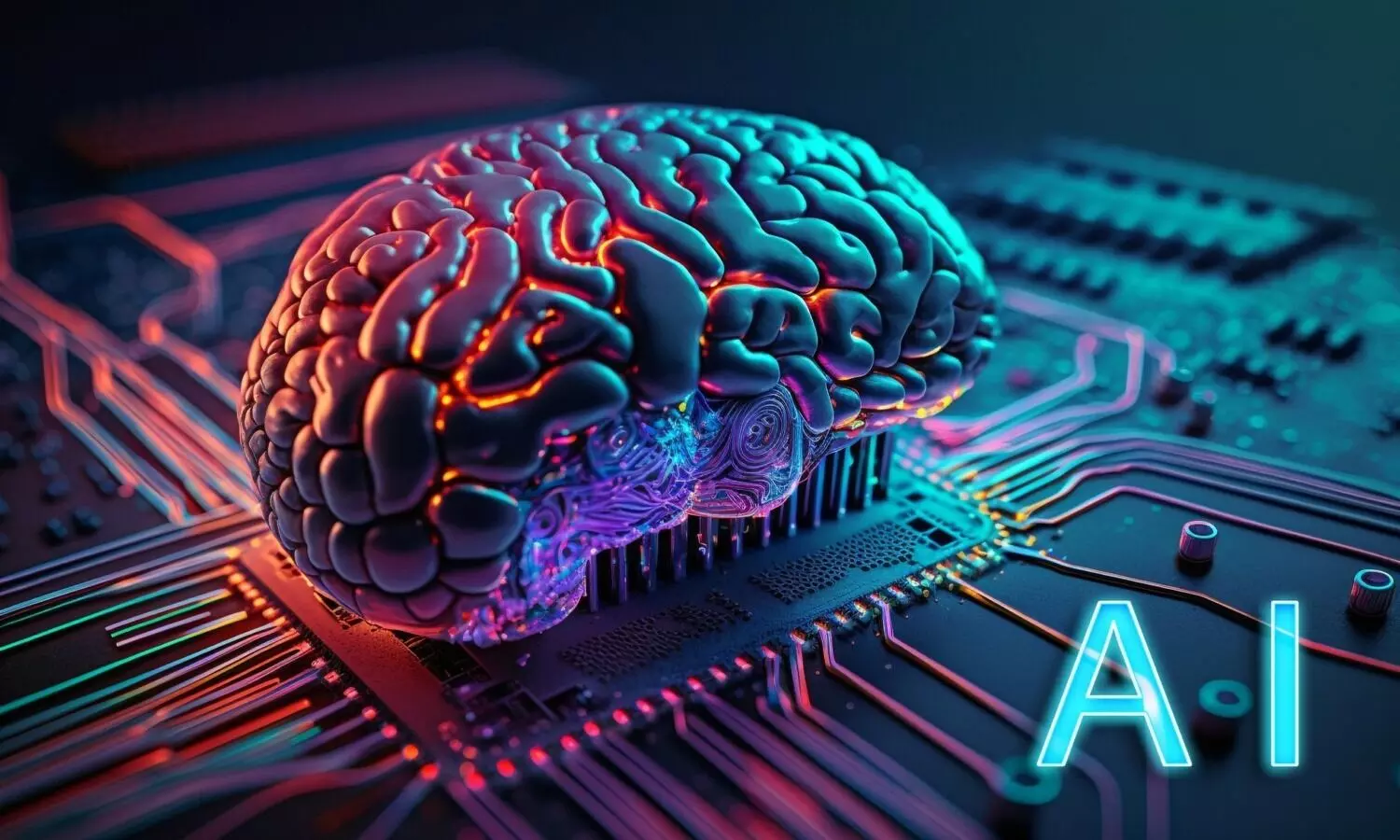TRENDING TAGS :
AI Reveals Secrets of 2000-Year-Old Herculaneum Scrolls
A team of students cracks the code, heralding a new era in historical scholarship.
AI (Artificial Intelligence)
In a groundbreaking achievement, a team of student researchers deployed artificial intelligence (AI) to unveil the secrets hidden within a charred scroll dating back 2000 years. The scroll, a relic from the eruption of Mount Vesuvius, was decoded using a machine-learning algorithm, signaling a transformative era for historical scholarship.
The Herculaneum scrolls, over 1,800 in number, were discovered in Italy in the 18th century, preserved in a charred state since the catastrophic eruption in 79 AD. Previously deemed unreadable due to their fragile condition, the successful AI deciphering by three students from Egypt, Switzerland, and the United States offers a glimpse into the ancient world's only surviving library.
The Vesuvius Challenge, which awarded a grand prize of $700,000 to the winning team, focused on training AI algorithms on scans of rolled-up papyrus scrolls. The breakthrough now raises the possibility of applying similar AI technology to decode the remaining Herculaneum scrolls, fueling excitement among scholars and historians.
The winning entry, announced revealed hundreds of words spanning more than 15 columns of text, representing approximately 5% of an entire scroll. This monumental achievement dismisses skepticism about the viability of AI in deciphering ancient texts. Brent Seales, co-founder of the prize, stated, "The contest has cleared the air on all the people saying will this even work. Nobody doubts that anymore."
The discovery of a distinct texture, referred to as a "crackle," in high-resolution scans paved the way for this historic breakthrough. Luke Farritor, an undergraduate student of computer science, initially used the algorithm to identify the word "poryphas" or purple, earning a Vesuvius Prize in October. The same algorithm was then scaled up to reveal an entire passage, with the collaborative effort of Youssef Nader from Egypt and Julian Schilliger from Switzerland.
While previous attempts to open and read the delicate scrolls resulted in damage, the recent AI breakthrough offers hope for decoding heavily fragmented texts without causing harm. The success of AI in unraveling the mysteries of ancient manuscripts stands as a testament to the potential of technology in preserving and understanding our rich historical heritage.



